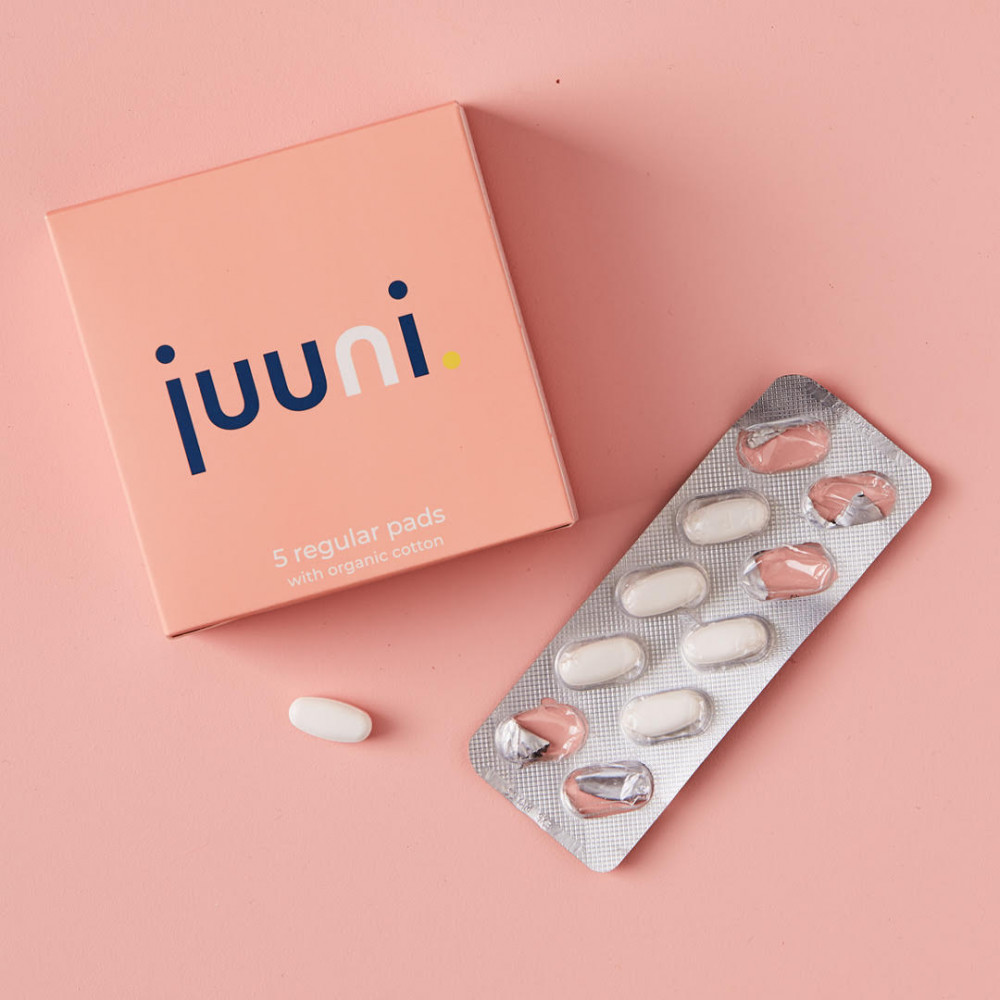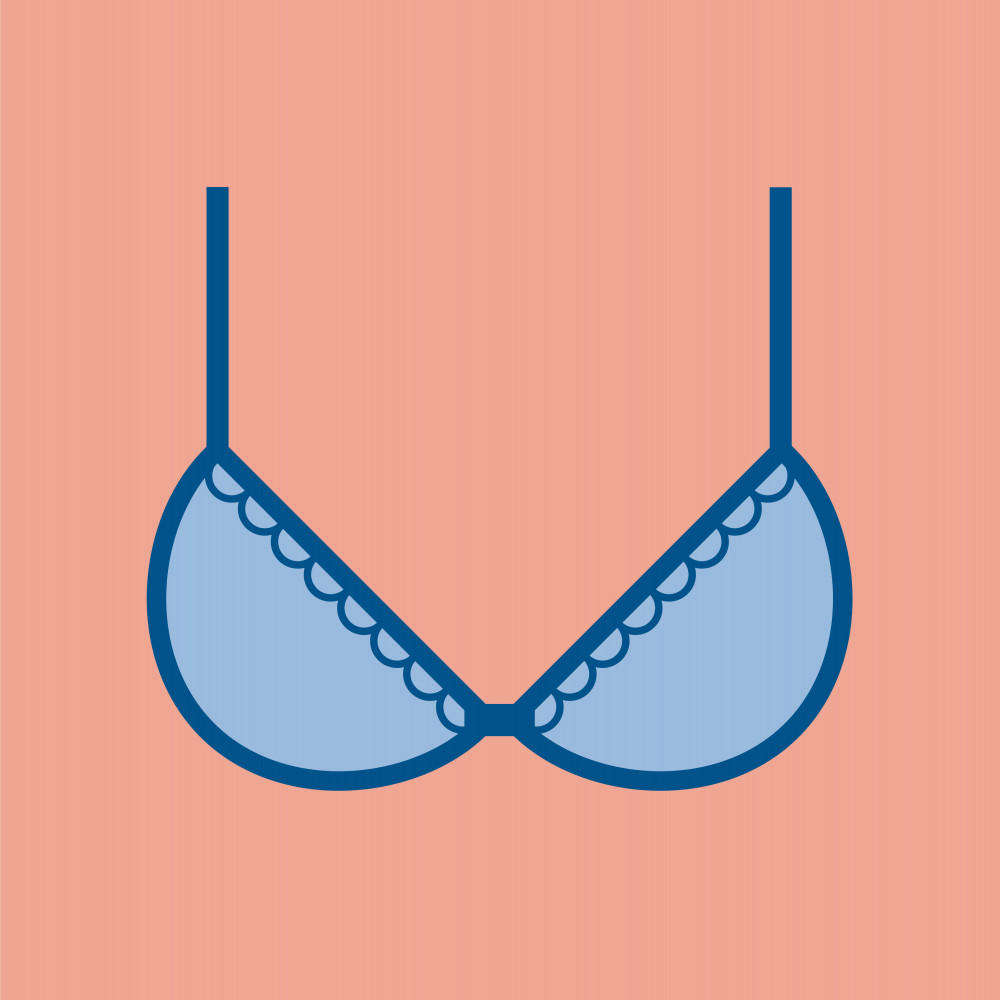Do you suffer from migraines? Have you noticed a pattern to when they strike? Migraines that occur before, during or immediately after your period are known as menstrual migraines. And if you suffer from migraines at the best of times, chances are you’ll get menstrual migraines, too. One in 10 women suffer from migraines, and it's believed a large proportion are period related. That’s why migraines in general are far more common in women than men, once puberty hits.
The culprits are hormones, particularly serotonin and the way it interacts with the usual female hormones we know and love. When the levels of oestrogen and progesterone change, you are more vulnerable to headache. The drop right before the start of your period is when migraines are most likely.
Menstrual migraine symptoms are similar to regular migraines, beginning often as a one-sided, throbbing headache accompanied by nausea, vomiting, and sensitivity to bright lights and sounds. They can be significantly more painful and longer lasting than the regular kind, and sufferers can be severely impacted, to the point where they can’t work, socialise or in fact do much at all for several hours, until the pain passes.
Women who take the pill may find they’re getting menstrual migraines more often. As early as the 1960s, researchers noticed migraines got worse for women taking pills with high doses of oestrogen, because the sudden drop when you stop taking it after 21 days acts as a trigger. (Pills with low amounts of oestrogen – or progesterone only – will cause fewer side effects, and your doctor can suggest different types to find what works for you.) In later life, hormone replacement therapy (HRT) prescribed to help alleviate menopause symptoms, can also trigger migraines.
Traditionally, menstrual migraines are treated with painkilling drugs and hormone therapy. And that’s about it. But a light may be flickering at the end of the tunnel. Recent world-first research at the University of Newcastle in NSW has suggested that menstrual migraines may be associated with poor blood vessel function in the brain. The team there is currently running a study to see whether targeting this could help prevent migraines.
The hypothesis is that resveratrol, a natural plant compound, may help relieve menstrual migraines. Sources of resveratrol in food include grape skins (this includes red wine!), blueberries, raspberries, mulberries and peanuts. If you suffer from menstrual migraines – that’s severe headaches that last at least four hours just before or during your period – and are interested in taking part in the University’s online study, you can find out more here.





